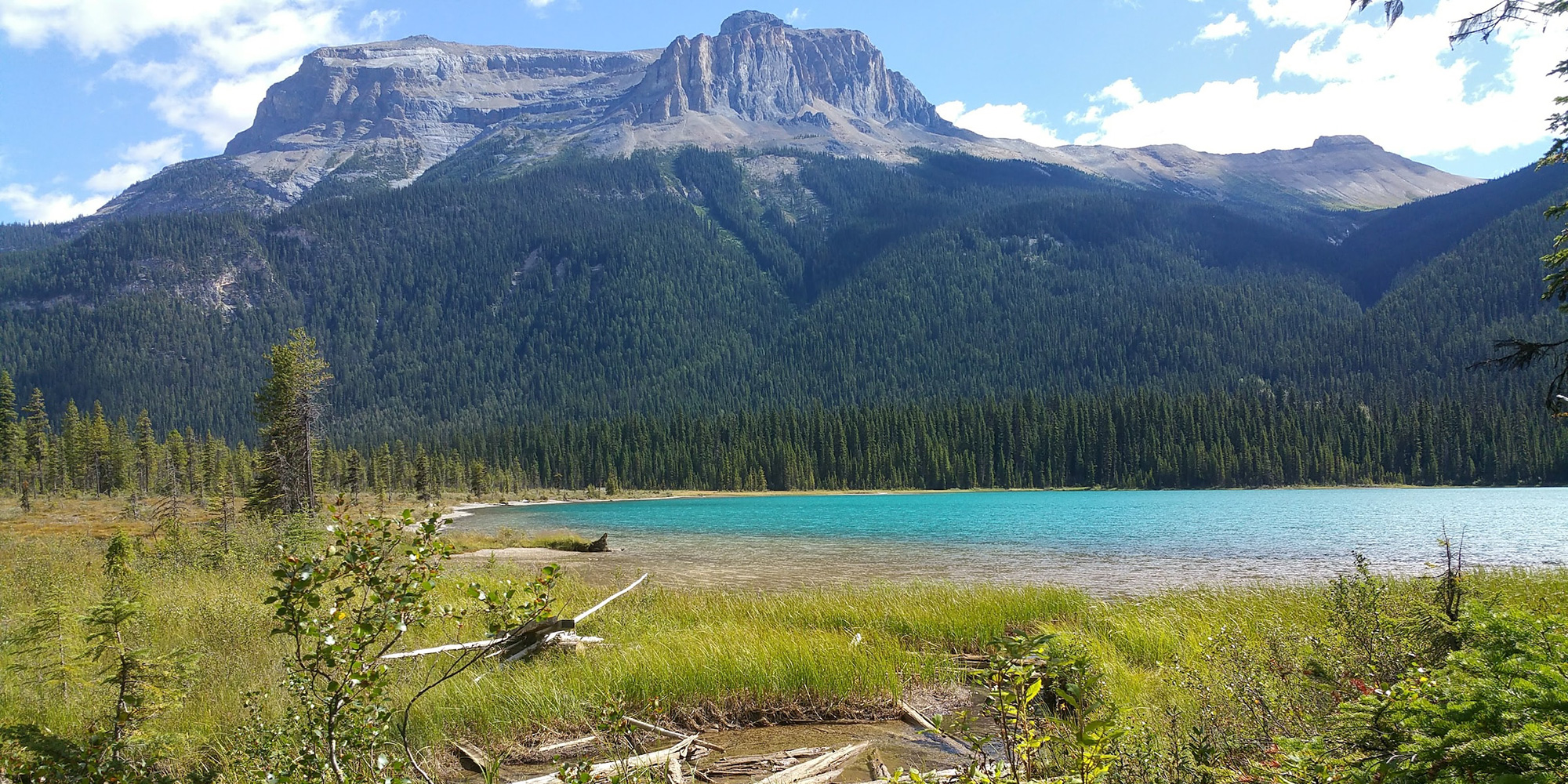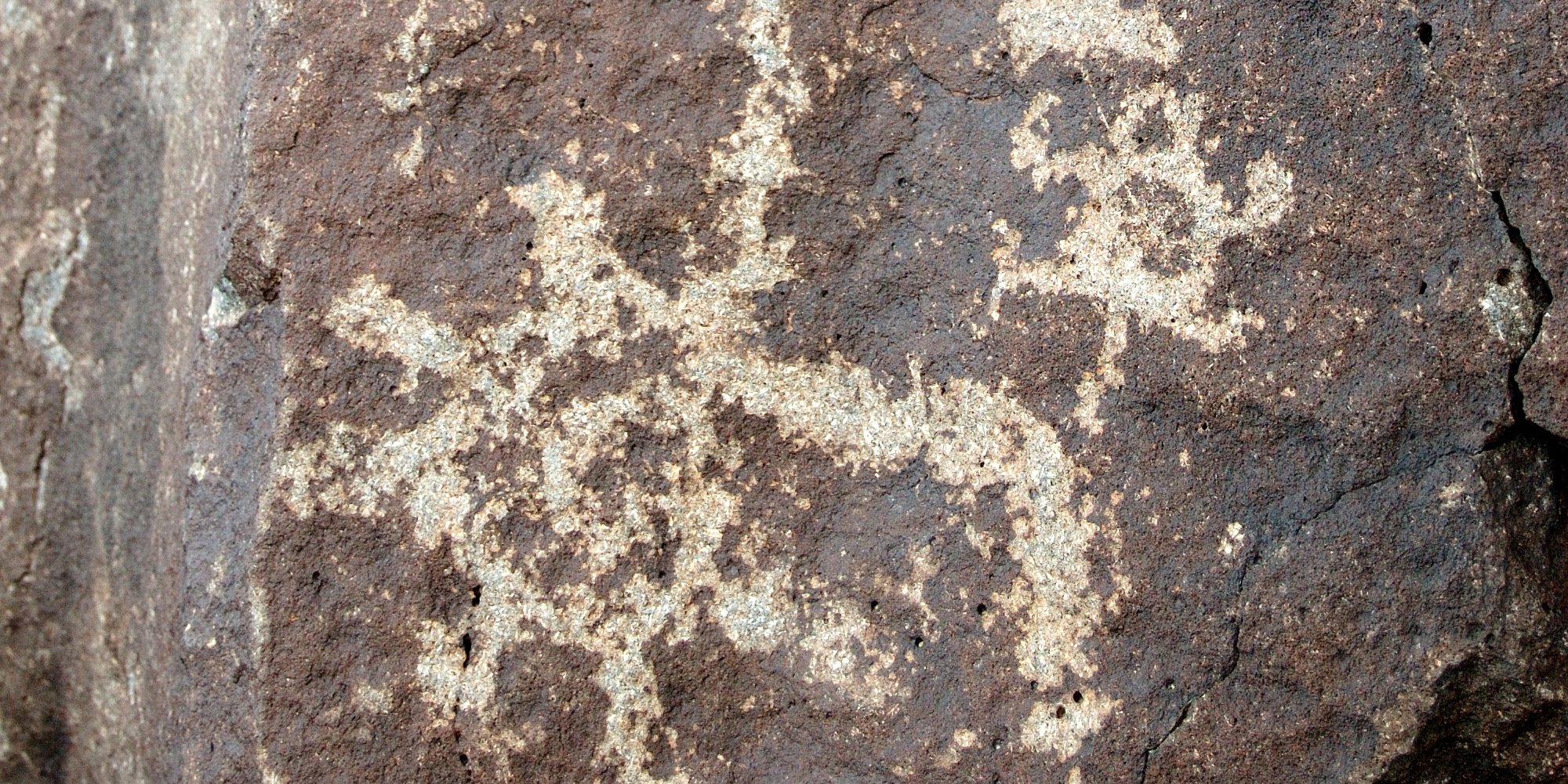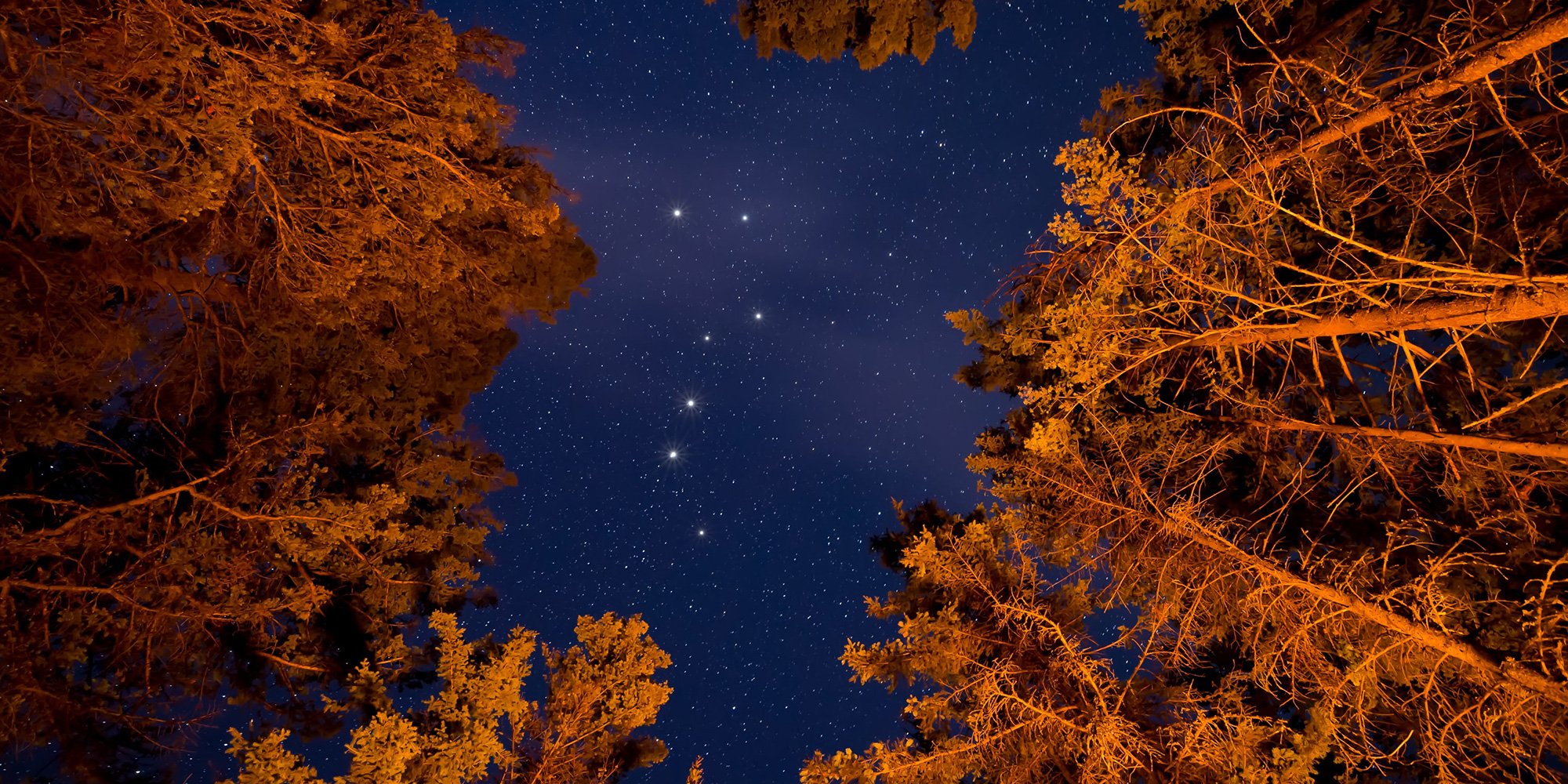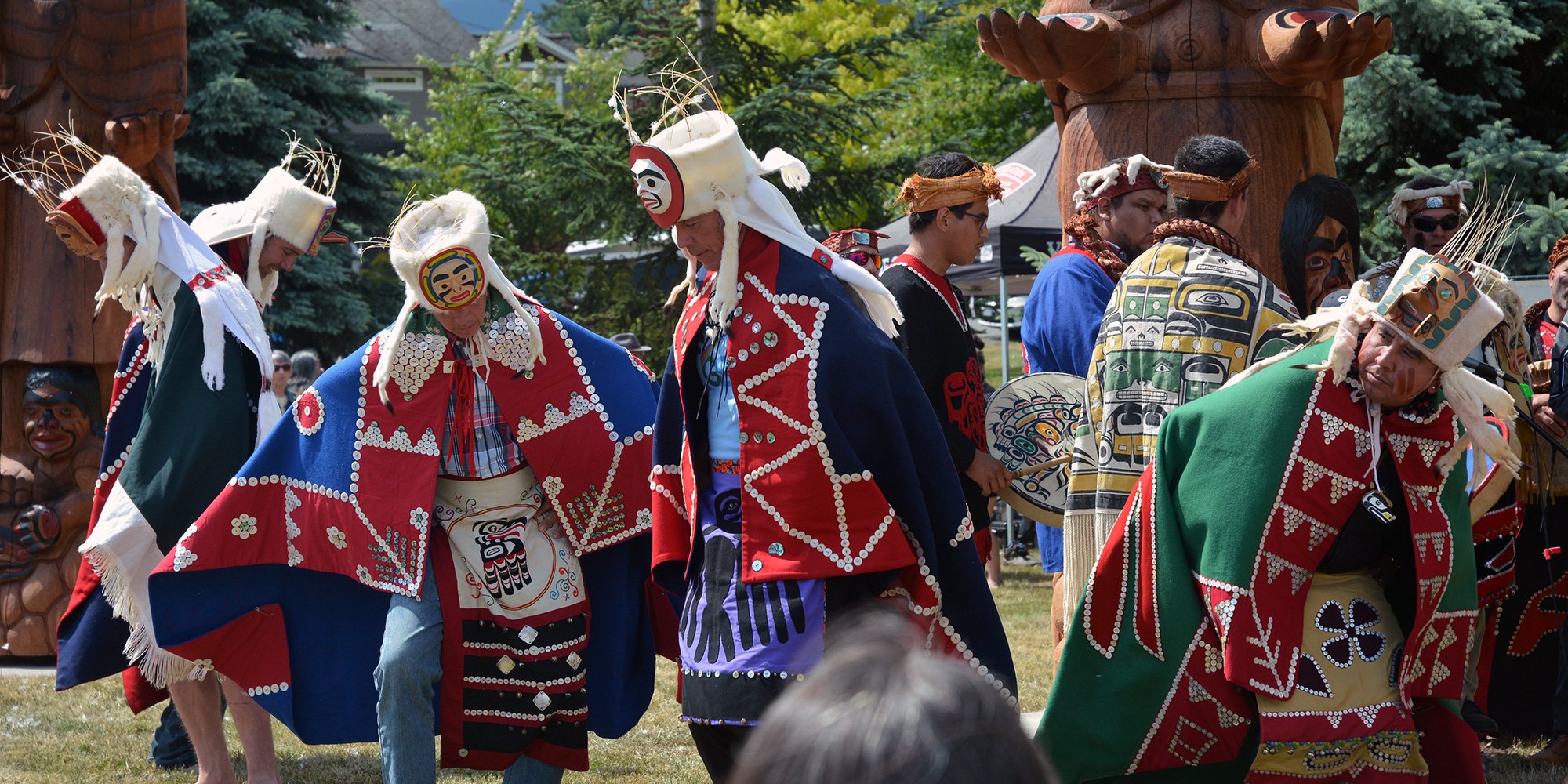What Does Indigenous Knowledge Mean? A Compilation of Attributes.
What does Indigenous knowledge (IK) mean? That’s a big question because “there are approximately 370 million Indigenous people in the world,...

By Tanya Laing Gahr
This video was created as part of a thesis project for a master’s degree in professional communication and represents an exploration of the Ktunaxa Nation’s creation stories in order to understand the significance of these narratives in the formation and maintenance of the Ktunaxa (also known as the Kutenai/Kootenay in Canada, or the Ksanka or Kootenai in the U.S.) culture. These stories inform and support the Ktunaxa ways of knowing, their world views, their history pre- and post-contact, and their connection to the geography of the Ktunaxa territory. Themes that emerged through the ceremony of storytelling include life lessons, communal understandings about characters and landscapes, and the experience of reclaiming culture following residential school trauma as well as the ways that Ktunaxa elders say these stories relate to and support the culture of the Ktunaxa, past and present.
The central creation story describes the preparations for the newest inhabitants of the earth—the First Nations people—by the spirit world’s great chiefs, as well as the events that led to the creation and naming of the landmarks within the Ktunaxa territory. One of the many purposes of the creation story is to map the boundaries of the territory. The creation story is part of a larger tapestry of stories that are interwoven throughout the central narrative; many of these describe the formation of the land while others provide lessons on how to live upon it and how to interact with all things—the earth and its elements, the creatures and plants that inhabit it, the people one will meet in their life’s journey, and our responsibilities to those who came before and will follow behind. Traditionally, the creation stories could take three to six days to tell.
Cultural touchstones such as creation stories are important ways in which traditional knowledge is shared, and this knowledge is threatened within numerous Aboriginal cultures, including the Ktunaxa. For 10,000-14,000 years the Ktunaxa have lived in southeastern B.C., northern Idaho, and northern Montana. The Ktunaxa language is an isolate—there are no related language families in the world, and only 22 fluent speakers of the language remain. With the loss of language, there is the very real concern about the loss of traditional knowledge. Work that examines Indigenous stories and traditional knowledge is critical, especially as those cultures have been threatened by historic (and arguably current) governmental policies of assimilation both in Canada and the U.S. and indeed, throughout the world. If these touchstones are extinguished in an Indigenous culture such as that of the Ktunaxa people, the entirety of that nation’s traditional knowledge and ways of knowing will also be lost. The loss of language within a culture has the further effect of negative self-worth on the individual, poverty, failure of family systems, and limiting collective potential to solve problems.
The legacy of the residential school system, migration between Aboriginal communities and cities, linguistic intermarriage, and the dominance of English and French in the overarching Canadian culture have all contributed to the erosion of Aboriginal languages; this loss has the effect of diminishing access to traditional knowledge embedded in stories told in these languages. Currently, it is expected that the next decade will mean the loss of the last generation of fluent speakers and the stories embedded in those languages.
Tanya Laing Gahr is the Business Development Officer for TerraLogic Exploration Inc., based in Cranbrook, B.C. In this role, she is responsible for community and aboriginal engagement, human resources management, and marketing and promotions. Tanya has written for several publications, and in 2012, was nominated and shortlisted for the Kenneth R. Wilson Award for “Big Lift”, a story featured in the October 2011 issue of Canadian Mining Journal. Tanya is currently completing her thesis based on the continuing cultural influences of the Ktunaxa Nation creation story for her Master of Arts in Professional Communications through Royal Roads University; she plans to pursue her doctorate in Aboriginal studies.
Featured photo: Emerald Lake, Yoho National Park, British Columbia, Canada. Photo: Unsplash.

What does Indigenous knowledge (IK) mean? That’s a big question because “there are approximately 370 million Indigenous people in the world,...

As the clock runs out on the United Nations International Year of Indigenous Languages we wanted to take a look at the language around the stars and...

Indigenous Peoples around the world are increasingly concerned about protecting their Indigenous knowledge (IK) and traditional cultural expressions...